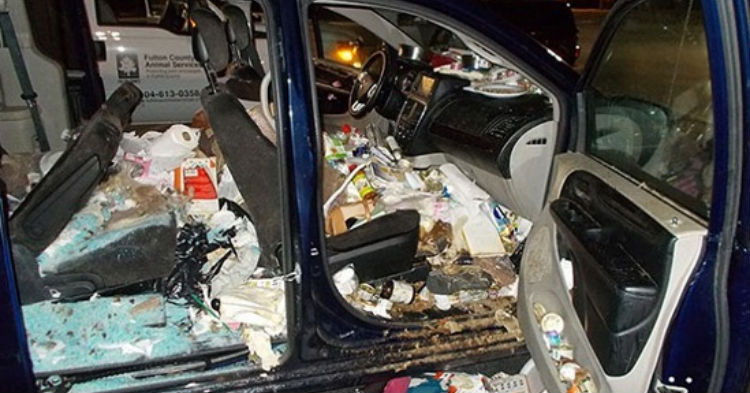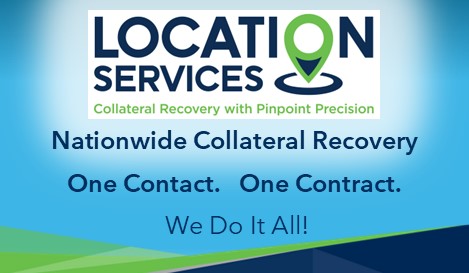
EDITORIAL
12 March 2020 – It’s official, we’re in a pandemic. You’ve all seen the headlines. Events, large and small are being cancelled. Travel is being restricted and cancelled nationwide. Here in the San Francisco Bay Area, the shelves are bare of toilet paper, hand sanitizer and disinfectants. The federal, state and local governments are taking extreme measures to protect the public and they’re telling us that it will get worse before it gets better. Buckle up buttercup, we’re in uncharted territory here and regardless of your companies disaster preparedness policies and procedures, expect surprises. Right now, the area you are in may seem unaffected, but there will be long term ramifications to our daily lives, the economy and the collections and repossession industries.
Here on the left coast, we’re already seeing massive changes in social behavior from people avoiding many of the normal social and professional activities. Restaurants, travel and retail activities are already showing evidence of stress and are likely to start shedding staff. As this situation expands, and it is expected that it will dramatically, we will likely see this behavioral trend expand with it. Since a large portion of the nation’s employment growth over the last several years has come in these service sectors, expect these traditionally lower tranche credit rated borrowers to be the hardest hit. This, coupled with years of record auto loan growth, especially in the sub-prime levels, create the perfect storm for an eventual automotive repossession meltdown.
There will be efforts to soften the impact of this event, and one of the first lines of public economic defense, is very likely to be a vast expansion of loan modifications (extensions) to affected persons. I suspect that the state and federal financial regulators will be strongly advocating lenders to show maximum leniency, in not only extension underwriting guidelines, but in collections activities as well. Lender moratoriums on repossessions, foreclosures and legal action are extremely likely in the short term, but these “band-aid on a bullet hole” solutions will come at a cost.
These temporary measures may help people short term, but there are no long-term solutions and this may develop into a beaver dam of delinquency and these previously reserved for losses will eventually require a resumption of recovery activities, which will become moral, public relations and safety dilemmas in themselves. Being in the collections and repossession industries has always been something of a frowned upon industry and this could take them to new lows.
Our long period of economic recovery and low delinquencies have had banks and credit unions shedding collections staff for years for lack of need and this could come back to haunt them. Make no mistake, delinquency will rise. Perhaps to record levels, time will tell. Unfortunately, there will be shortages of collections staff and tightening of lending guidelines.
Automobiles are rolling petri dishes of germs and the nature of this virus is such that it can linger in the air for several hours and on surfaces as long as three days. This makes every door handle, steering wheel, button and knob in a vehicle a potential vector. Finding qualified repossession staff has always been a challenge, but these factors may exasperate it. In an era where stagnant repossession fees have been driving many agencies out of business, this, coupled with initially low repossession volume, may be the death knell for yet more, just before they will be needed the most.

Personal property inventory has always been dicey, needles, fentanyl, biohazards, rotting food and germs have always been part of the risks. But sticking your head into a repo to inventory and remove personal property may begin to feel like licking a New York subway handrail. Now, even more than ever it is not just risky, but poses serious health risks to staff and their families that could endanger the public as well. Will agencies just refuse to do it? Will lenders finally begin to allow to charge for it? That’s anyone’s guess, but there need to be operational changes.
I hope I’m wrong about all of this. I pray that we beat the odds as a nation and quickly find treatments and a cure. My instinct tells me that the virus itself will be far less damaging than the fear and actions being taken to protect us. Unfortunately, doing nothing is not an option. Please take this seriously and wash your hands, frequently and well!
God bless you all and stay healthy,
Kevin Armstrong
Editor










Facebook Comments